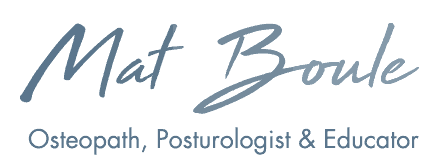Physical activity and learning
A recent study has shown that, to improve the memory of what we have learned, it is best to do physical activity… 4 hours later! The results of the study show that if we plan our schedule accordingly, we can maximize learning. Precisely, we have seen that it is associative memory that improves. As well, […]
